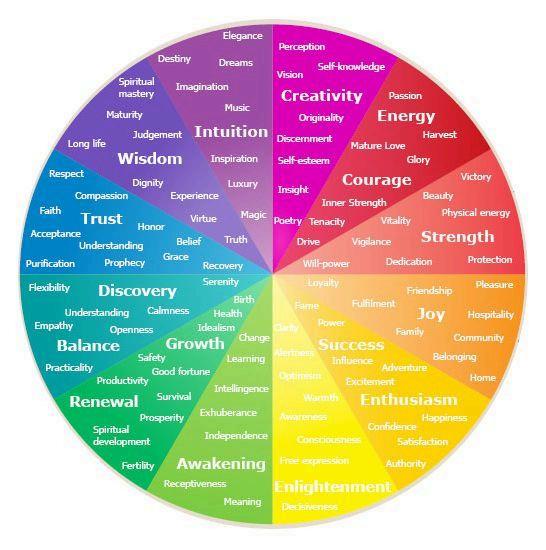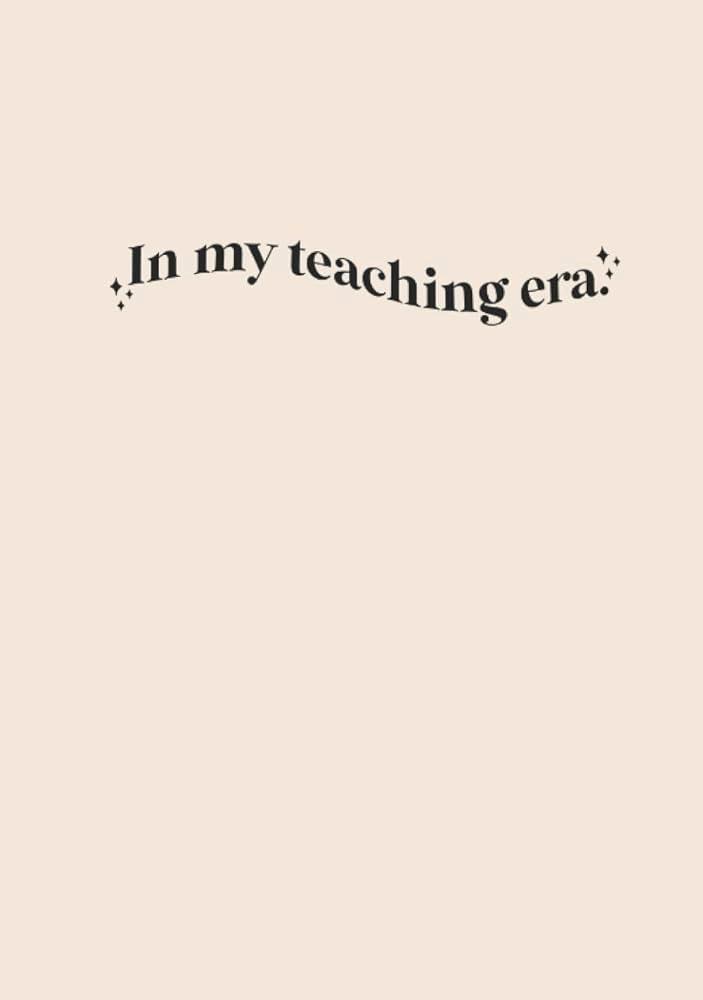PORTFOLIO OF TEACHING ACTIVITIES
Imagination will get you everywhere

 MELISA MOLINA
MELISA MOLINA



Imagination will get you everywhere

 MELISA MOLINA
MELISA MOLINA


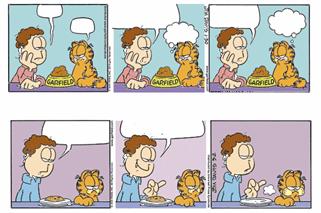
PURPOSE: IMPROVE WRITING DIALOGUES SKILLS
Level:Begginers
Age:6-9years
Materials:
Practice:Guided
Time:45min

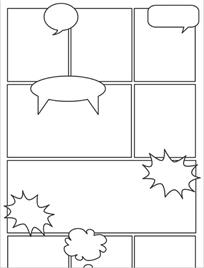
There are two ways to do this activity. In the first one, the teacher provides a comic strip, without dialogues. Then, the students have to fill in with their own conversations in the dialogue bubbles. The second one, gives the students more freedom. They can draw or use magazine cuts to make their own comic design. They also have to add the speech bubbles.
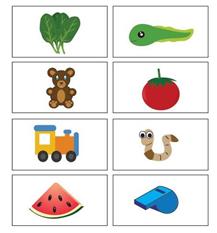
PURPOSE: IMPROVE VOCABULARY AND LISTENING SKILLS
Level:Begginers
Age:6-9years
Materials:
Practice:Controlled
Time:15-20min

The teacher will dictate the students a text. But some specific words, instead of dictating them, he or she will show a picture of the word. That way, students have to memorize how to write the words they are learning.
For example, “Eating *shows picture of a lettuce* is very healthy”
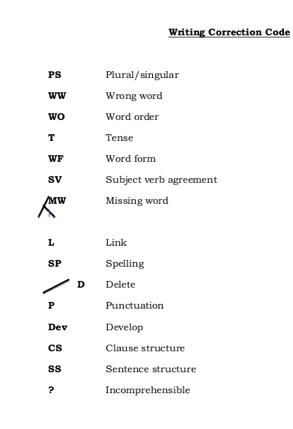
The teacher marks the mistakes the student made in the assignment, and also marks the kind of mistakes but does not correct them. The idea is that the learners try to correct them.

Level:Intermediate/ advanced Age:Highschoolers, +16years
Materials:
Practice:Guided Time:30-40min PURPOSE: LEARNERS LEARN BY THEIR OWN MISTAKES
The first time using the correction code, explain to the learners what will be done and why. Provide copies of the writing correction code sheet (added in annexes) and explain each one.
Set the writing task and ask the learners to write double-spaced or leave a large margin.Collect the work and correct it using the correction code.
Underline the mistakes you want the learners to notice and add the codes.Return the work and ask the learners to correct it.

The idea is that the learners attempt to re-write an inappropriately informal business letter in a more appropriate, formal style.
Give learners the inappropriately informal letter. Ask a few simple comprehension questions: What is it about? Is there something you would change?
Then ask what is wrong with the text (Too informal, has grammar or spelling mistakes).
PURPOSE: LEARNERS LEARN DIFFERENT WRITING STYLES
Level:Intermediate
Age:16+years
Materials:
Practice:Controlled Time:30min
Point some of the kinds of things they will need to change to make it more formal (vocabulary, sentence structure, greeting and close). In pairs, students re-write the letter to make it more appropriate as a formal letter.
The teacher can provide the original letter in its formal style and ask the students to compare the corrections they did with the original formal letter.
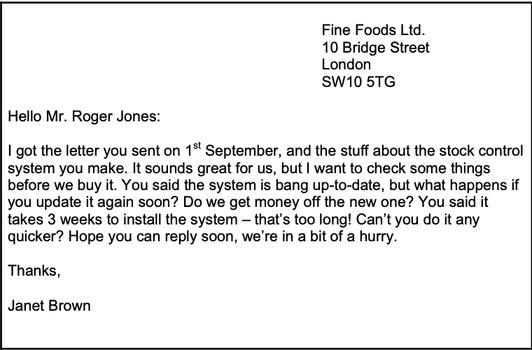
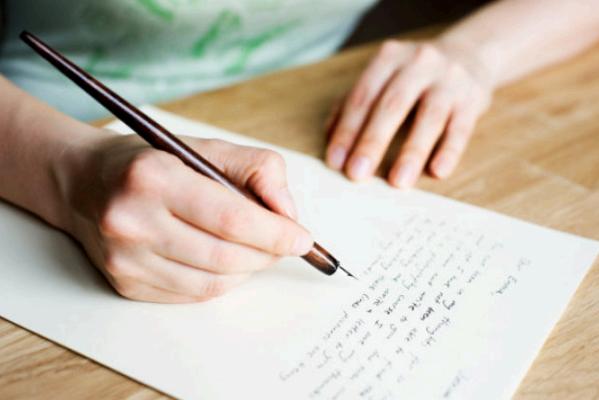
PURPOSE: LEARNERS CAN WRITE ABOUT THEIR FEELINGS AND THOUGHTS FREELY
Level:Beginner/ Intermediate
Age:10+years
Materials:
Practice:Guided
Time:25min

The students will be writing a letter to a friend, someone they like, love or whoever they already know. In this activity the students can write how the want to and try to use their imagination.
The teacher will provide a piece of paper.
Ask the students to write the letter telling their friend about a past fun activity they did (can be their birthday, a friend’s birthday, what they did in the holidays, etc)
Collect the letters and see what error were made, mark the mistakes and give the letter back to the students.

PURPOSE: LEARNERS CAN BOOST THEIR IMAGINATION AND GIVES THEM A TOTALLY DIFFERENT TOPIC TO WRITE ABOUT.
Level:Beginner/ Intermediate Age:12+years
Materials:Bag, paper,pencils Practice:Frees
Time:20-30min
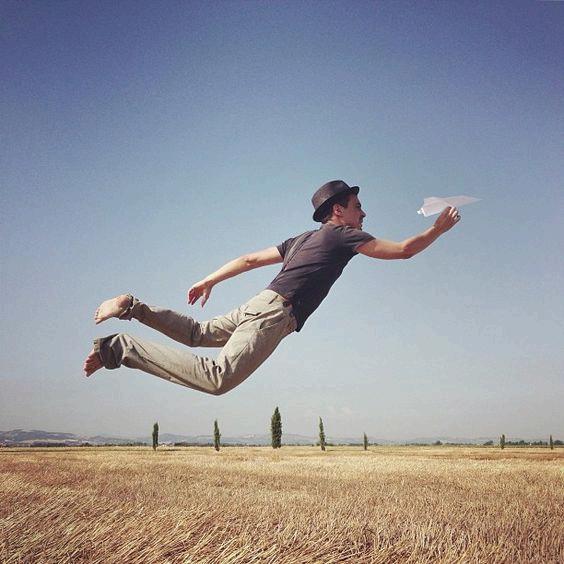
At the beginning of this activity, have the students come up with a single What If question and write it down on a piece of paper. For example: What if everyone could fly?
The students have to put their pieces of paper in a bag and then each one has to pick one paper and write about that question for as long as the teacher thinks is necessary (can be 20 min or more).
The teacher provides a situation (of a problem) to the students (or the students can provide a problem that they may need advice on) and then they have to write down a response to the problem, giving advice to the situation or the person. They can imagine they are writing it to a person in need or just a general situation.
PURPOSE: LEARNERS CAN WRITE ABOUT THEIR FEELINGS AND THOUGHTS FREELY
Level:Intermediate
Age:16+years
Materials:Paper
Practice:Frees
Time:20min
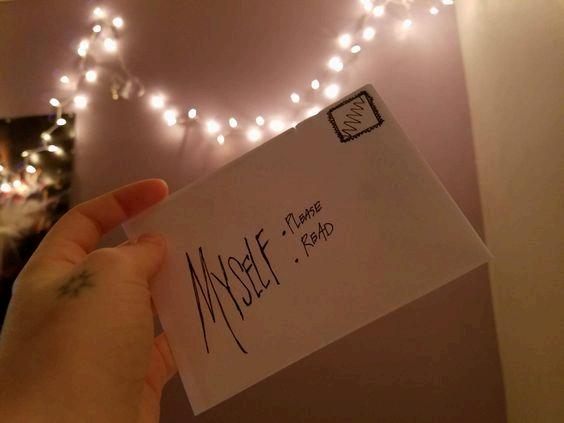
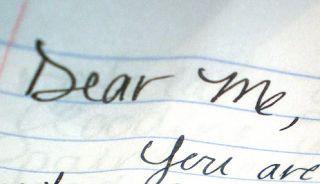


The students have to choose a recent news item from a newspaper (they cannot be from the events section) So they can choose from any other topic, such as economy, sports, business and finances, politics… They have to write a brief explanation of the report and give an opinion or their point of view regarding the communicate. Besides, they have to find any kind of grammatical error and point it out. After that, present it to the class.
The newspaper can be either digital or phi¡ysical.
PURPOSE:
LEARNERS CAN FIND AND FIX THE ERRORS IN THE NEWSPAPER AND REFLECT ABOUT A RELEVANT TOPIC
Level:Intermediate/ advanced Age:17+years
Materials:e
Practice: Guided
Time:30min
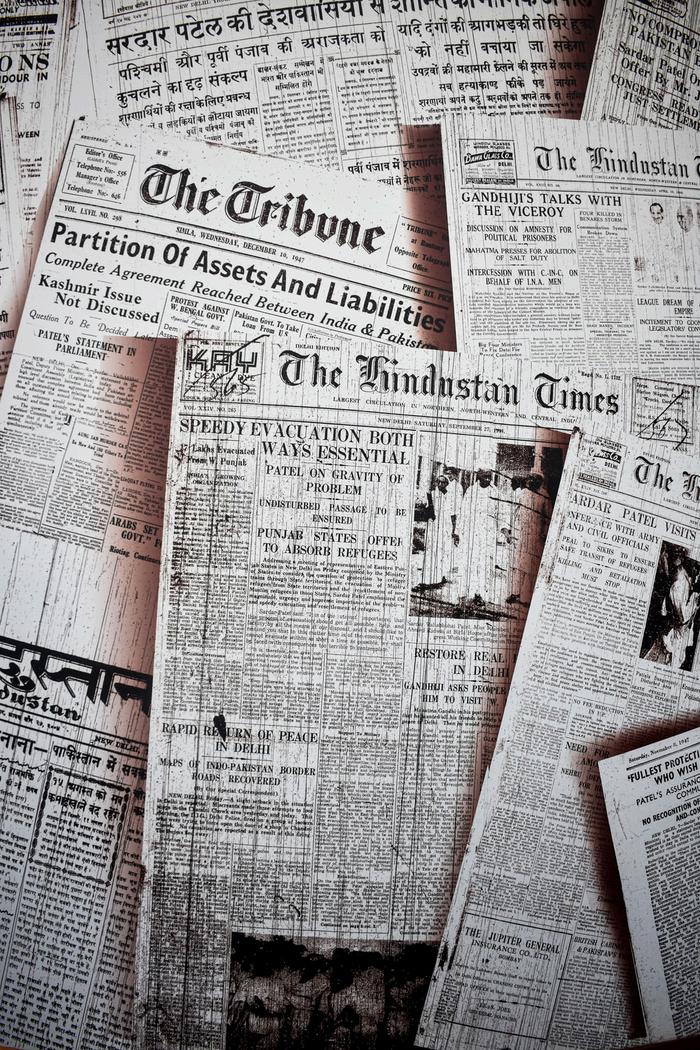

In this activity, children learn how to read and write step-by-step instructions by writing their own recipes for any simple recipe that they prefer.
Students have to choose a recipe, write the ingredients and the steps. They also can do it at home and them present it to the class showing all the steps made and the result
PURPOSE: LEARNERS CAN DEMONSTRATE REAL-LIFE USES FOR THIS KIND OF WRITING
Level:beginners
Age:7+years
Materials:
Worksheetofthe recipe
Practice: Guided
Time:20min
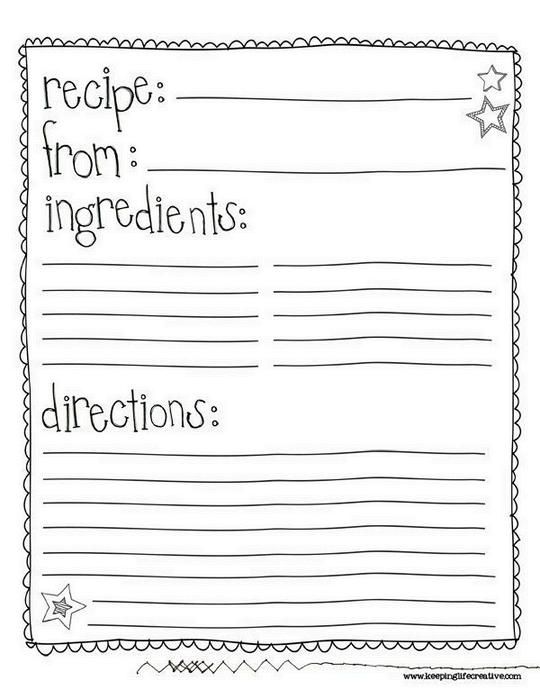
In a bag, the teacher will put pieces of paper with the name of some colors. Each student has to pick one randomly. The color they chose will be a guide to create a story, poem, novel… The color can be associated with emotions, objects, feelings or persons. Students will discuss in groups their own ideas

PURPOSE: LAERNERS CAN DEVELOP THEIR PERCEPTION TO VISUAL CONCEPTS AND WRITE ABOUT THEM
Level:Intermediate/ advanced
Age:15+years
Materials:bag
Practice: Free Time:35min(10min groupdiscussion)
